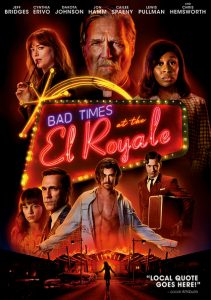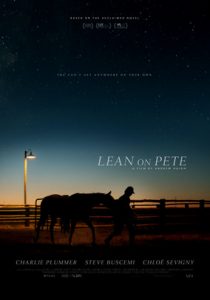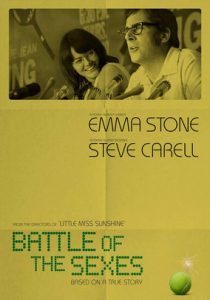Top Gun: Maverick-2022
Director Joseph Kosinski
Starring Tom Cruise, Miles Teller, Jennifer Connelly
Scott’s Review #1,316
Reviewed November 23, 2022
Grade: B
I made the mistake of watching Top Gun: Maverick (2022) in the worst possible setting imaginable – inside an airplane at 35,000 feet! And I wasn’t inside the cockpit either, which would have fulfilled the appropriate thrills and perhaps even elicited terror.
Being chastised repeatedly for not seeing the film on the biggest movie theater screen imaginable, I watched this offering on the plane primarily out of curiosity to see what all the fuss was about.
In a nutshell, I thought the visuals and action/adventure sequences up in the sky were second to none. The use of sound and cinematography effectively conveyed the peril and anticipation of the film’s events.
Even on a teenie tiny screen with earbuds, I could sense and appreciate the bombastic trimmings.
To bury myself even further, I hadn’t even seen the original Top Gun, made in 1986. Of course, I was familiar with the popular soundtrack, featuring the enormous Kenny Loggins hit, ‘Danger Zone,’ which is reprised in the new film, and the syrupy ballad, ‘Take My Breath Away,’ by Berlin.
I suppose I felt I knew the predictable story well enough not to bother watching the film.
So, I’ll chalk this review up to lessons learned. However, I can still provide a critical opinion, as I asked myself repeatedly over the two hours and eleven minutes of running time, why people love Top Gun: Maverick so much, and why it was such a box-office hit.
But in the end, I’m glad it was because in 2022, we desperately need butts in movie theater seats.
After more than thirty years of service as one of the Navy’s top aviators, Pete “Maverick” Mitchell (Tom Cruise) pushes the envelope. He challenges his superiors as a courageous test pilot. This subsequently hinders his chances of advancing up the ranks of status.
When he finds himself training a group of All-American-looking Top Gun graduates for a specialized mission, Maverick encounters Lt. Bradley Bradshaw (Miles Teller), call sign “Rooster,” the son of Maverick’s late friend and Radar Intercept Officer, Lt. Nick Bradshaw, also known as “Goose.”
Rooster blames Maverick for his father’s death.
Facing an uncertain future and confronting the ghosts of his past, Maverick is drawn into a confrontation with his own deepest fears, culminating in a mission that demands the ultimate sacrifice from those who will be chosen to fly it.
This summary equates to a limited story with plenty of flaws, but Top Gun: Maverick is primarily about entertainment. A cohesive and edgy tale is not to be found.
Let’s get the storyline woes out of the way in short order.
I was disappointed that superb actress Jennifer Connelly (if anyone has missed her fantastic turn in 2006’s Little Children, check it out asap) was reduced to playing Penny Benjamin, a girlfriend who owns a dive bar role.
I mean, Connelly looks terrific, but she has no deep story to speak of. She flirts with, sleeps with, and hopes to live happily ever after with him. A single Mom, her daughter frets that Maverick will break her heart.
It’s the romantic angle of the story, but quite banal and uninteresting.
The ‘recruits’ are written as one-dimensional. There is rivalry and teamwork to be had, but they are all so good-looking that it’s tough not to see a lack of realism.
Finally, Jon Hamm suffers through an uninteresting role as the heavy. Cast as Vice Admiral Simpson, he doesn’t like Maverick, and that’s about all there is to his part.
The same can be said for Ed Harris and his role.
On the upside, Cruise delivers a wonderfully emotional scene that reminds audiences of his exceptional acting abilities. He says a teary goodbye to his long-time friend Kazansky (Val Kilmer), and it’s a beautifully written, rich scene that I adored.
Top Gun: Maverick (2022) fails in the story department, but I realize the main draw is Cruise, the action star. The film wins as a loud, thrilling, summer popcorn visual and sensory treat, and thankfully, it was an enormous success.
Oscar Nominations: 1 win-Best Picture, Best Adapted Screenplay, Best Original Song-“Hold My Hand”, Best Film Editing, Best Sound (won), Best Visual Effects



